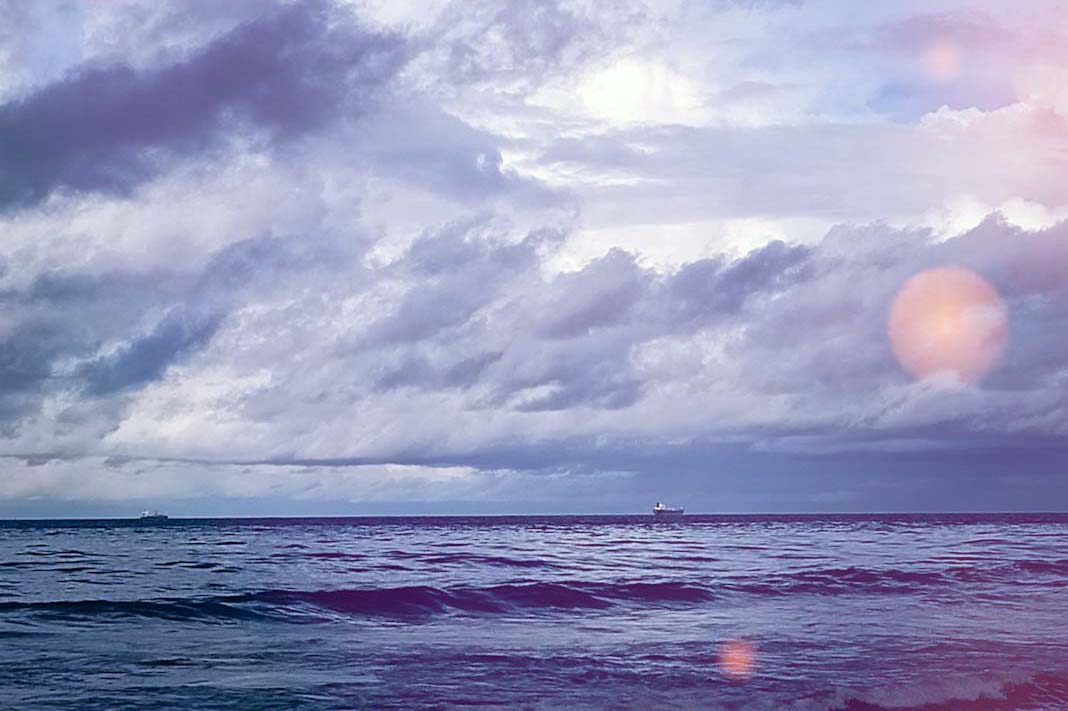New estimates suggest that a significant number of ships, operating outside of regulatory oversight, emitted approximately 375 million tonnes of CO2 in 2023. These “shadow fleet” vessels, often in poor condition, pose risks of oil spills and contribute to environmental pollution, according to The National News.
Concrete Regulations
Ships must be subject to “concrete, binding regulations” to achieve a goal of carbon-neutral shipping by 2050, Camille Bourgeon, a technical officer at the International Maritime Organisation, told delegates at the Cop29 talks on Wednesday. The emissions figures from Climate Trace, a tracker co-founded by Al Gore, are thought to be the first estimate of the dark fleet’s CO2 footprint.
“We are seeing a rise in ships that are deliberately turning off their safety equipment, called dark vessels, to avoid embargoes, or illegal fishers will often do this,” said Gavin McCormick, a fellow co-founder of Climate Trace. “About 7 percent of shipping emissions, or something as large as the emissions of the nation of Ireland, are now from dark vessels.”
Dark Fleet
Large cargo ships normally carry transponders that ping their location to base stations on the mainland, in what is known as an Automatic Identification System (AIS) that prevents them from colliding at sea. Scientists can work out a vessel’s CO2 footprint from the path it takes and the specifications of its engine, which show how much power it must have used.
Where no pings were received, analysts at Climate Trace and Global Fishing Watch drew on images from the European radar satellite Sentinel-1 to spot ocean-faring vessels, work out their length and how many did not match with AIS tracking, and use that data to estimate the carbon footprint of the missing “dark” ones. The spacecraft takes an image of Earth’s entire surface every 12 days.
Hundreds of ships making up as many as one in five of the world’s oil tankers are part of the “dark fleet”, according to the insurer Allianz, which said in a May briefing that Russia’s shadow tankers had emerged in response to Western sanctions over Ukraine. Data can sometimes be lacking because of a lack of AIS coverage rather than because of any clandestine activity, and turning off transponders can be a legitimate anti-piracy tactic when passing through dangerous waters.
Green Vessels
Countries exposed to environmental disasters, such as Fiji and Barbados, are using Cop29 to lobby for a CO2 levy on shipping to raise funds for the climate fight. “International shipping is committed to do more on climate action,” Arsenio Dominguez, secretary general of the International Maritime Organisation, told an event in Baku on Wednesday.
In the switch to clean fuel for ships “we need standards, we need them to be consistent across jurisdictions”, said Lais de Souza Garcia, the head of a renewable energy division in Brazil’s Ministry of Foreign Affairs. “If we have fragmented rules, it’s going to be impossible to tell a business they are going to be able to scale production.”
Maritime unions are meanwhile using Cop29 to lobby for proper training on green vessels. Singapore plans to train 10,000 personnel in the coming years in operating refitted ships. Concerns have been raised about a shortage of seafarers and the safety of handling alternative fuels such as methanol.
Did you Subscribe to our daily newsletter?
It’s Free Click here to Subscribe!
Source: The National News






















